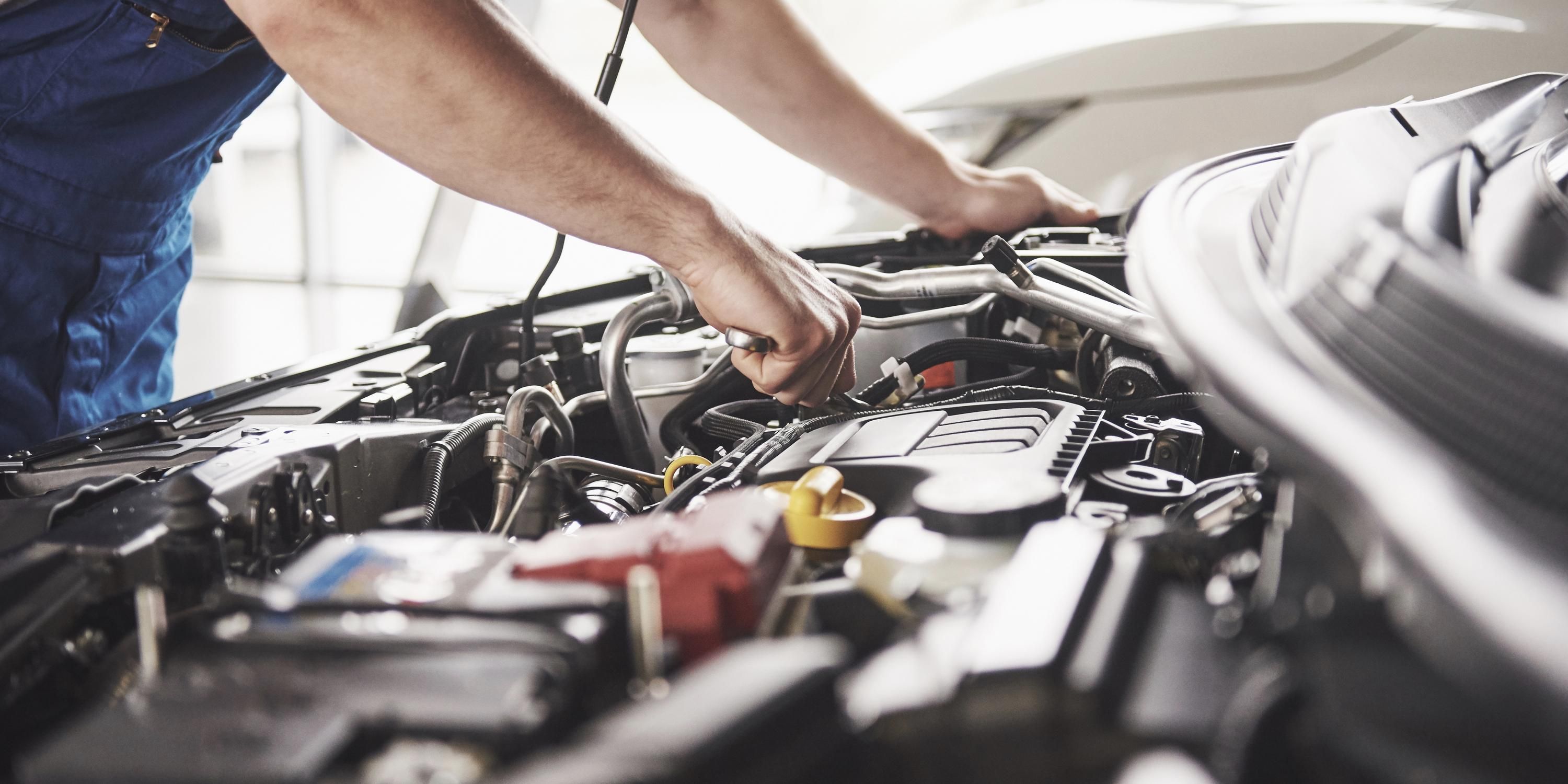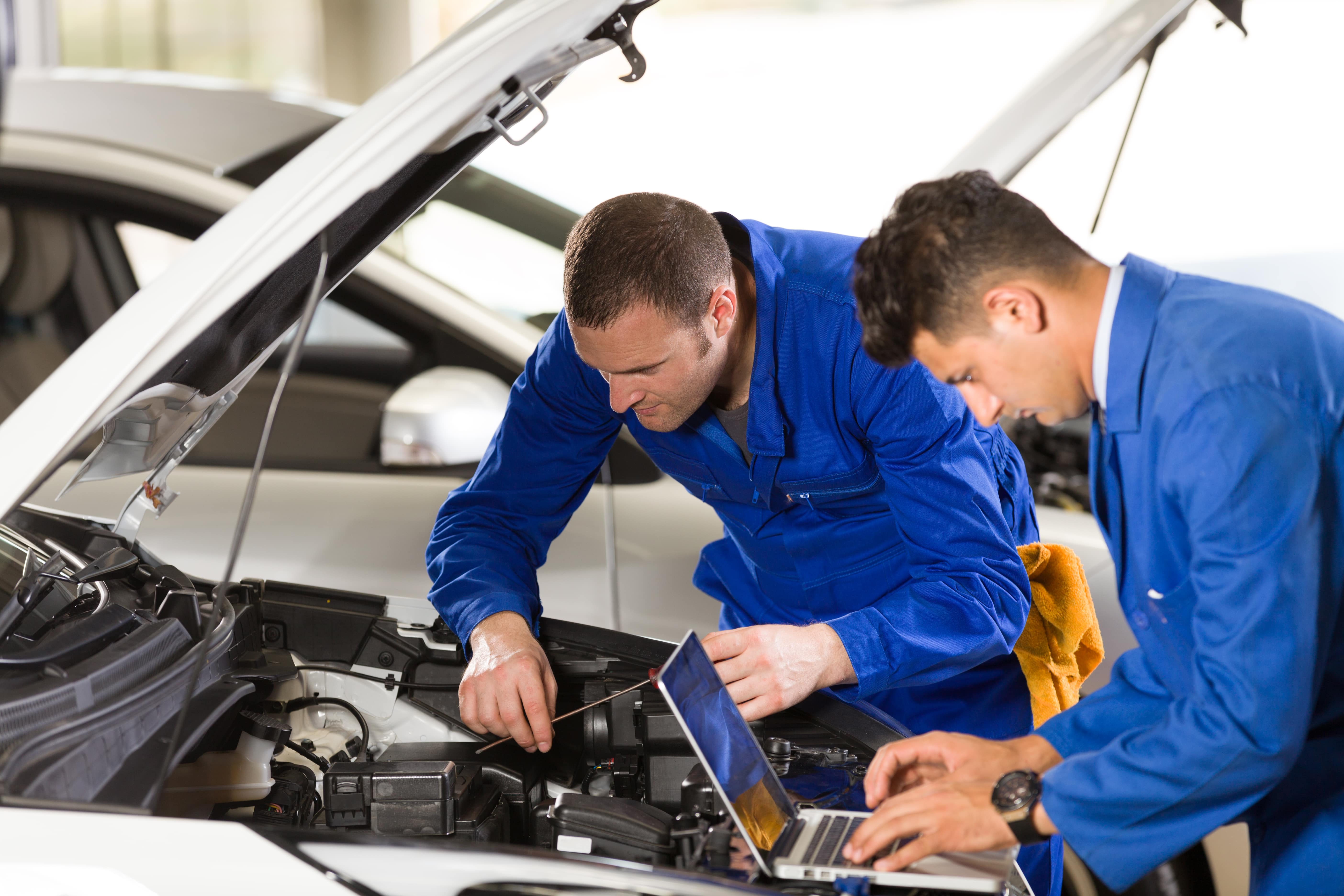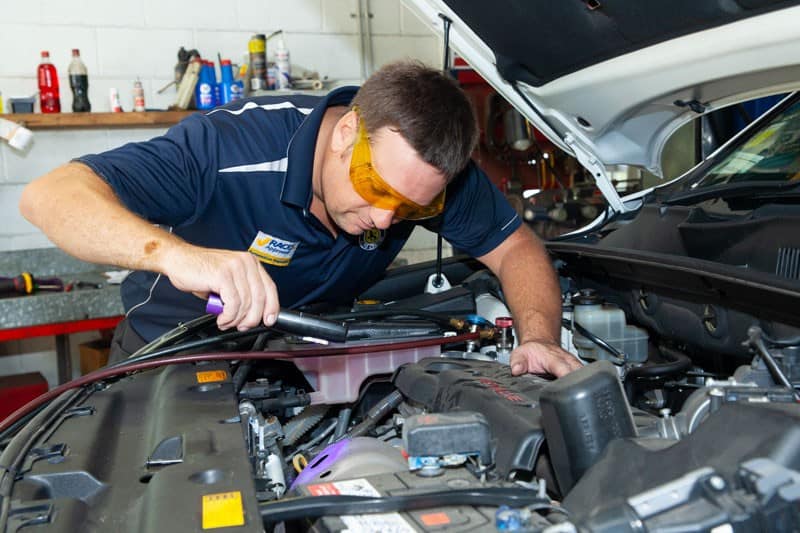Comprehensive Guide to Different Types of Automotive Services
Discover the different types of automotive services, from routine maintenance to specialized repairs.

Understanding the various types of automotive services is vital for every car owner. Being informed can save you time, money, and unnecessary stress by helping you prevent, identify, and address issues with your vehicle. This article offers a comprehensive guide to these services, highlighting what they encompass, why they are important, and when you should consider them.
Exploring Different Types of Automotive Services
In this guide, we break down the array of services offered by professionals in the automotive sector, from routine maintenance tasks to specialized repairs, aiming to shed light on how each can contribute to your vehicle's performance and lifespan.
Table of Contents
- Routine Maintenance
- Preventive Maintenance
- Diagnostic Services
- Repair Services
- Specialty Services
- Emergency Automotive Services
- Concluding Thoughts on Types of Automotive Services
Routine Maintenance

As the name suggests, routine maintenance comprises all the regularly scheduled services aimed to keep your vehicle running smoothly. Ignoring these basic tasks can lead to serious problems down the road. Let's explore the key components:
- Oil change: Keeping clean, fresh oil in your engine is vital. Depending on your vehicle type and usage, you will need oil changes every 3,000 to 7,500 miles.
- Tire rotation and pressure check: Regular tire rotations ensure even tread wear, improving safety and fuel efficiency. Pressure checks guard against tire blowouts.
- Brake inspection: Brake pads and fluid should be inspected often to prevent accidents caused by brake failure.
Beyond these, other routine services include air filter changes, battery checks, and coolant flushes. Consult your car's user manual or your mechanic to establish a routine maintenance schedule tailored to your vehicle's needs.
Preventive Maintenance
Preventive maintenance is a proactive step you take to mitigate potential future problems. It goes beyond routine checks and targets areas that might be prone to issues before they become costly or hazardous. This may include:
Replacing timing belts before they fail, updating software in vehicles equipped with computer systems, and having thorough inspections to spot potential issues.
Importance of Preventive Maintenance
Preventive maintenance saves you money. While it may appear costly upfront, it pays off in the long run by averting major repairs. It also boosts the vehicle's lifespan and resale value.
Diagnostic Services

Think of diagnostic services as the medical check-up of your vehicle. When your car shows warning signs - like the dreaded "Check Engine" light - it's time for a diagnostic. Mechanics use specialized tools to communicate with your vehicle's onboard systems, detecting any error codes and translating them into actionable information.
Modern vehicles are complex machines with intricate mechanical and electronic systems interconnected. A problem in one system can affect the other, making it critical to identify and address issues accurately and quickly. Investing in diagnostic test services can save you from expensive repairs and potential risks to your vehicle's overall health.
Repair Services
If routine maintenance is like the regular checkups recommended by your doctor, then repair services are akin to a visit to a specialist after something goes wrong. Diagnostic processes bring problems to light, and repair services fix them. Common repair services include:
- Engine and transmission repair: Engine and transmission problems can be complex. Professionals are needed to diagnose and rectify any faults.
- Brake repairs: Brake failures are dangerous. Any problems related to brake pads, rotors, or fluid should be fixed immediately.
- Emission repairs: If your vehicle fails an emission test, you would need emission repair services to get it fixed and pass the test.
Remember that repair services vary in complexity and cost. Always refer to a trusted professional for any repair work.
Specialty Services

Beyond general services, some scenarios require specialty services. From restoration to performance tuning, these services require highly skilled technicians with extensive experience and depth of knowledge in their niche.
Examples of Specialty Services
- Vehicle customization: Want to make your vehicle truly yours? Car customization alters the performance or appearance of a vehicle according to your preference.
- Restoration services: Restoring a classic car back to its former glory is a labor of love and requires specialist knowledge.
- Performance tuning: This is for those who demand more speed, power, or efficiency from their cars. Performance tuning modifies a vehicle to enhance its capabilities beyond factory settings.
Emergency Automotive Services
No one likes to think about it, but emergency situations can occur. Having a reliable emergency automotive service provider on speed dial can make all the difference. Services often include 24/7 roadside assistance, towing, jump-starting a dead battery, changing a flat tire, or emergency fuel delivery.
While we hope you'll never need these services, knowing that help is just a phone call away can give you peace of mind.
Concluding Thoughts on Types of Automotive Services
Automotive services cater to various needs, from everyday upkeep to unexpected emergencies and specialized enhancements. Remaining informed about the range of services available can make a significant difference in your vehicle's durability and performance, safety, and resale value.
Whether it's routine maintenance, preventive care, diagnostics, repairing, specialty services, or emergency assistance, choosing the correct automotive service at the right time is key to long-lasting vehicle ownership.
What's Your Reaction?































































